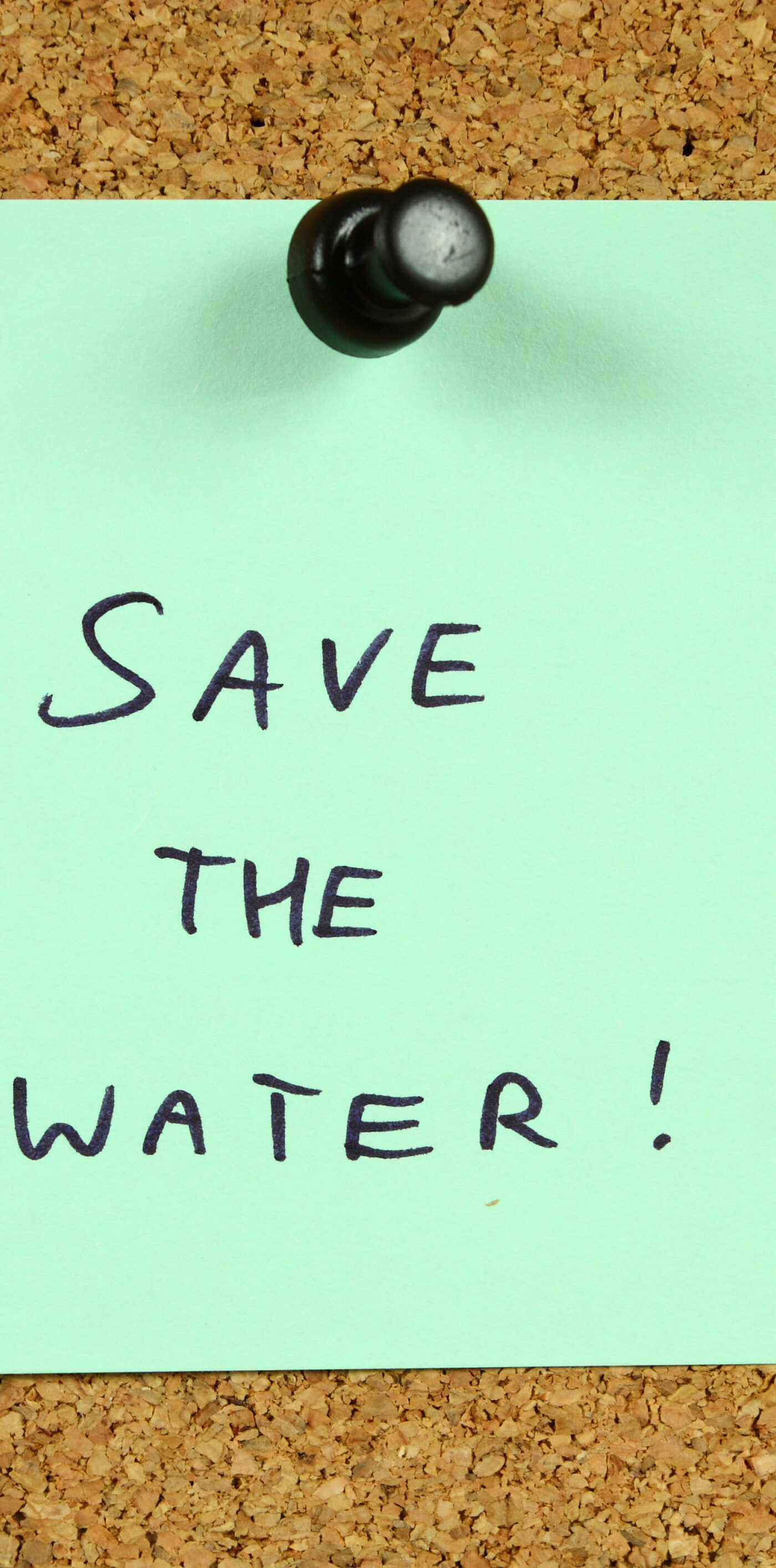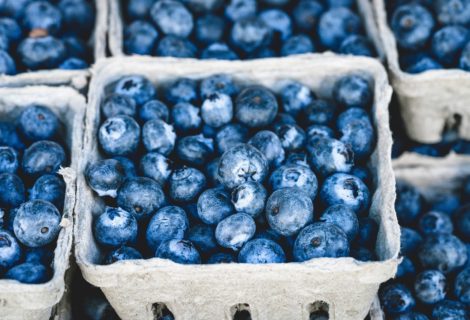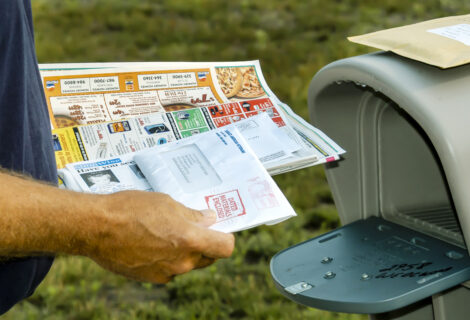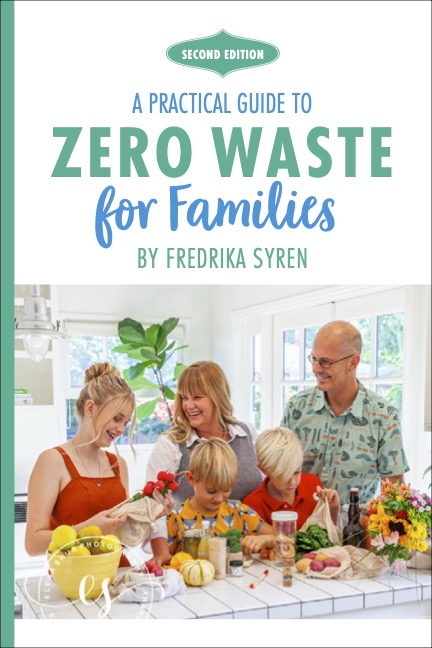Water—One Natural Resource Not To Be Taken For Granted
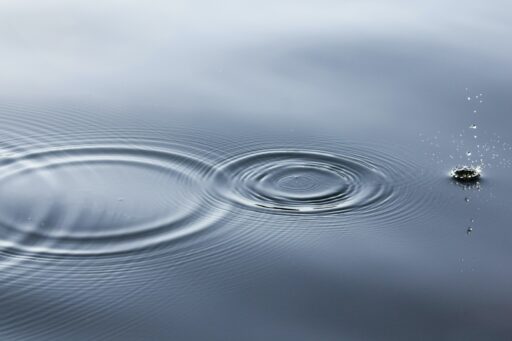
“Water is life’s matter and matrix, mother and medium. There is no life without water.” – Albert Szent-Gyorgyi, M.D., Discoverer of Vitamin C.
For humans and other living beings, water is life! It’s unnerving to hear that water is becoming scarce due to record-warm temperatures and climate change causing droughts all around the U.S. and the globe. The fact is that water is a precious natural resource—life on earth cannot survive without water!
Water keeps us, the planet, and all wildlife alive. We use it to produce food, manufacture goods, and sustain our health. Every living cell contains water; our bodies contain about 60% water, and we cannot survive more than a few days without it.
Many people who have access to water might take it for granted, but for folks who live in areas where the water reserve is low due to droughts, lack of water is a huge concern. San Diego residents can go to the grocery store to buy bottled water, but many people on earth lack this luxury. It’s estimated that about one billion humans have no access to clean drinkable water.
What is causing our water shortage?
First, lots of water is used for agriculture; pollution from towns and cities, industry, and agriculture directly affects water supplies and our freshwater ecosystems. We also are facing a growing and changing population and new patterns of intensive water use; we are not taking care of wastewater as well as we should. Of course, rising temperatures and years of drought due to global warming are also huge problems for fresh water.
Second, climate change is causing decreasing rainfall and rising temperatures. As temperatures warm, evaporation increases, decreasing water in lakes, reservoirs, and rivers. For example, every degree of warming in the Salt Lake City region could drop the annual water flow of surrounding streams by as much as 6.5 percent. According to National Geographic, warmer weather is bad news for cities in the western U.S. that rely on cool temperatures to generate snow and rain.
We humans are doing an excellent job at depleting the earth’s natural resources—and water is one of them. Our planet might not entirely run out of water, but more and more people worldwide do not have access to clean, fresh water when needed. Did you know that the world’s freshwater can be found in only six countries and that only 3% of all water on Earth is freshwater?
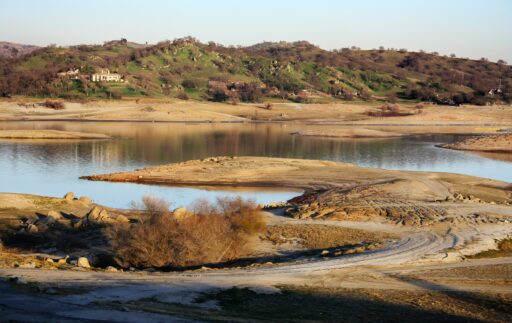
If we keep moving along this trajectory, within as little as 50 years, many regions of the United States could see their freshwater supply reduced by as much as a third, scientists warn.
Living in drought-stricken California, where water levels have been low for years, what frustrates me the most is that there are no water conservation campaigns or education for businesses or the public. In August, Governor Newsom delivered a plan to bolster the water supply. He warned that the supply would sink 10% due to climate change, but his targets for recycling water and increasing storage have few details, no mandates, and no deadline.
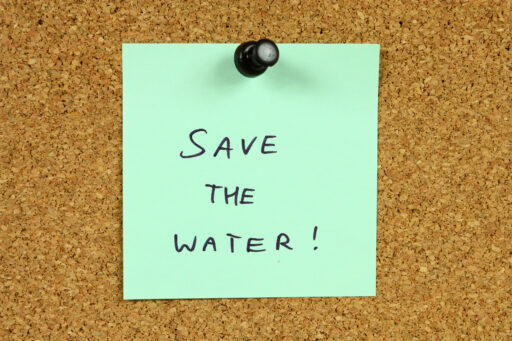
So what can we do to conserve water?
1. Check toilets for leaks
2. Install water-saving shower heads or flow restrictors
3. Check faucets and pipes for leaks
4. Check garden hoses for leaks
5. Replace your lawns with drought-resistant trees and plants
6. Use a broom to clean driveways, sidewalks, and steps
7. Tell your children not to play with the hose and sprinklers
8. Use rainwater for watering garden
9. Use pasta, potato, and rice water in the garden
10. Keep a bucket in the shower to gather waste water while waiting for the shower to warm up.
11. Use mulch and bark in your garden, which will help reduce evaporation by up to 75%.
12 Put Plastic Bottles or a Float Booster in Your Toilet Tank
To cut down on water waste, put an inch or two of sand or pebbles inside two plastic bottles. Fill the bottles with water, screw the lids on, and put them in your toilet tank safely away from the operating mechanisms. Or, buy an inexpensive tank bank or float booster. This may save ten or more gallons of water per day.
13. Get a water meter to check for hidden water leaks
14. Eat less water-intensive foods
Our diets account for roughly half of all the water we use. All food has a water footprint, but some are much larger than others. Eating less beef, one of the most water-intensive foods, is a smart place to start. Shifting away from animal products to a plant-based diet can shrink your water footprint significantly.
15. Cover swimming pools to reduce evaporation
16. Water garden during the early parts of the day; avoid watering when it is windy
17. Add organic matter to your garden beds
Learn more how to conserve water in the garden here and how to teach children to conserve water here
Rain Barrels are a great way to save water for your garden and you can read about that here.


